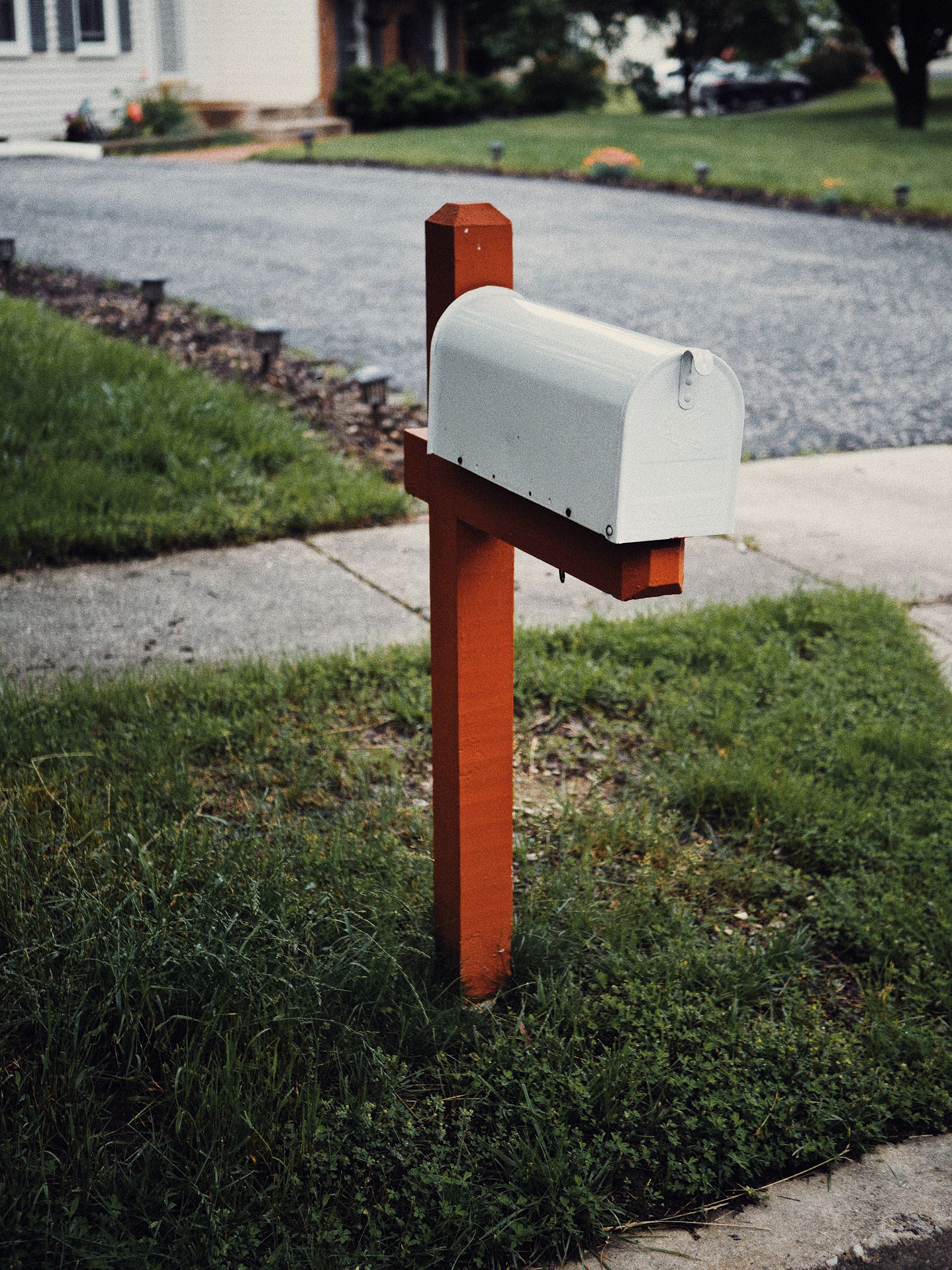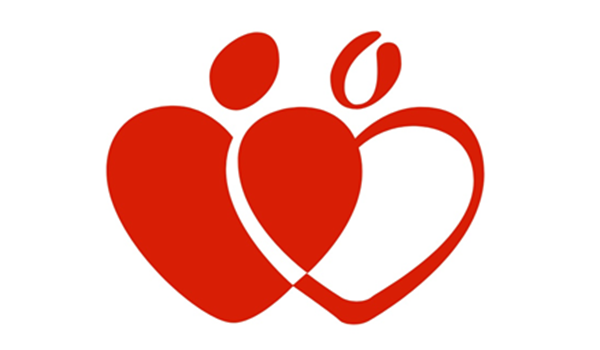From the 9th January 2023, Hamstreet Surgery will be conducting a project to digitise all of our historic paper based patient medical records commonly known as Lloyd George medical records. Digitising these records will enable better utilisation of practice space, increase security as well as making the full patient record easily accessible at the point of care to clinical staff within the practice.
On completion of the digitisation process, paper based records will be securely destroyed. The scanning and destruction of the paper records will follow strict data protection guidelines adhered to by the NHS.









